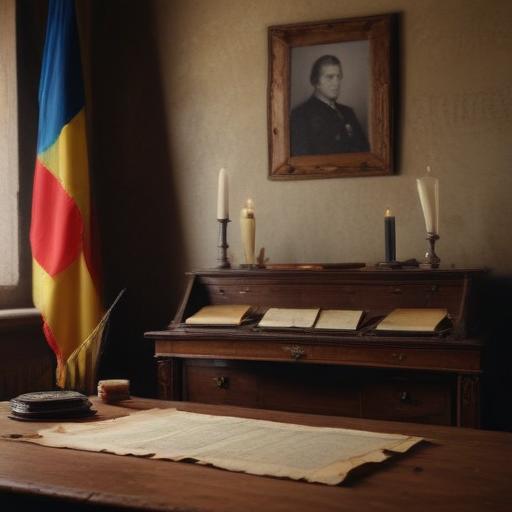Ion Iliescu, Romania’s first president following the fall of Communism, passed away on Tuesday in Bucharest at the age of 95. His death was confirmed by the Romanian government, revealing that he had been hospitalized since June, undergoing treatment for lung cancer.
Iliescu, affectionately nicknamed “Mr. Smile” due to his warm demeanor, presided over Romania during a pivotal period of transformation after the overthrow of Nicolae Ceausescu in 1989. He played a significant role in leading the country towards democracy, serving three terms as president and becoming a central figure in the country’s early post-Communist years.
Despite his contributions to the revolution and subsequent democratic changes, Iliescu’s legacy is complicated by allegations of authoritarianism and violence linked to his governance style during and after the revolution. Critics have often pointed to instances of brutality that marred his leadership, reflecting a struggle between his revolutionary ideals and the pressures of political power.
Iliescu’s passing marks the end of an era in Romanian politics, as he leaves behind a mixed legacy that encapsulates both the hopes for freedom and the challenges that came with it. As Romania continues to navigate its democratic journey, Iliescu’s impact on the nation’s history will be remembered, and the complex nature of his contributions will continue to prompt reflection and discourse among future generations.
